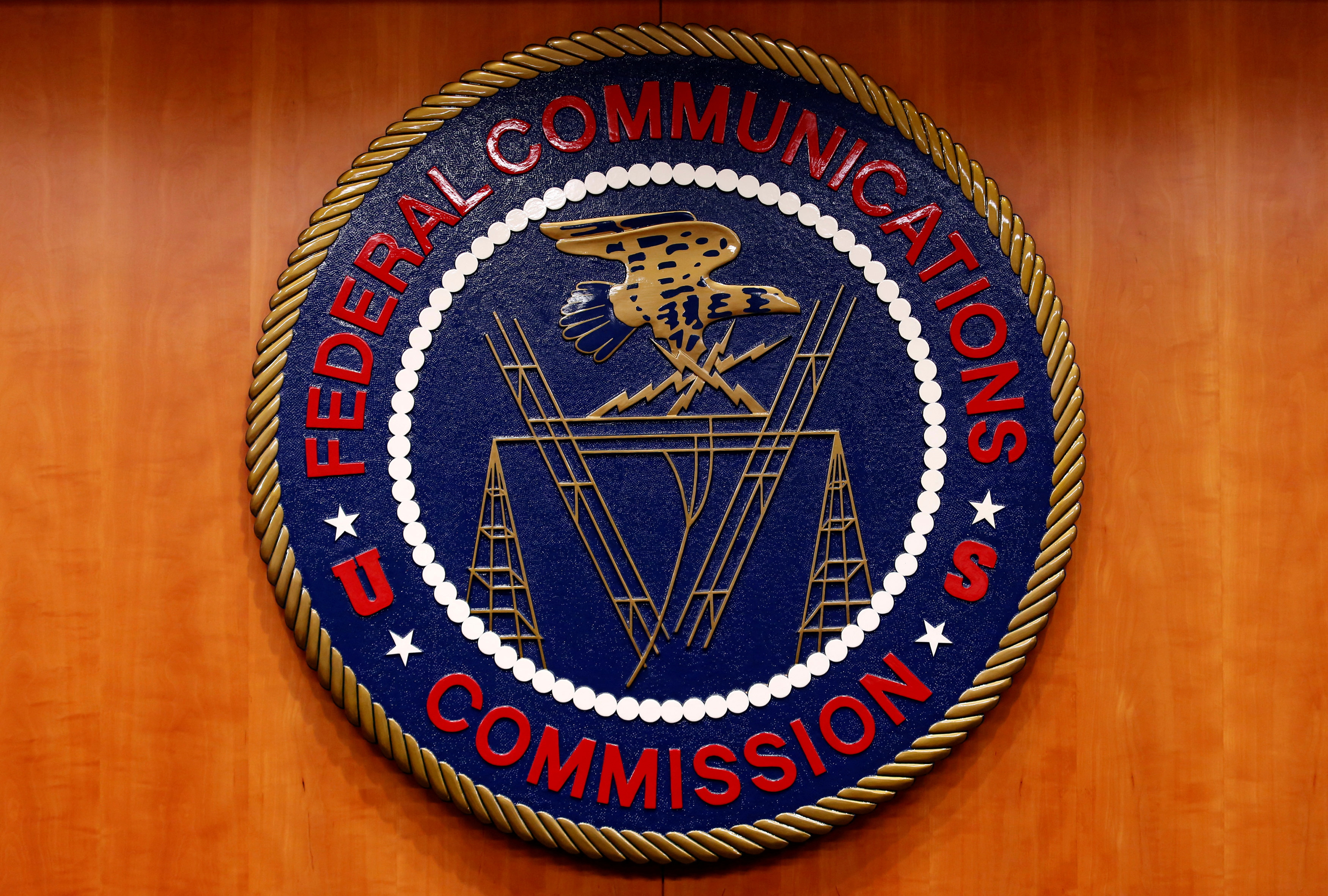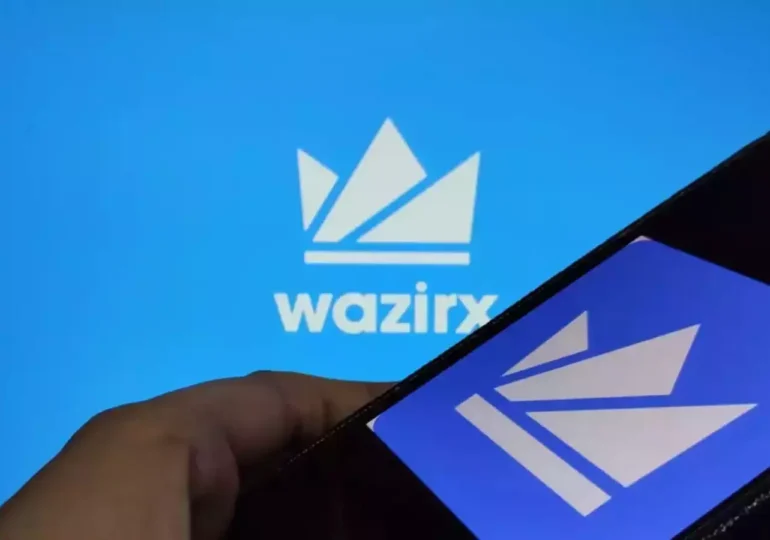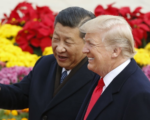Trump Names Brendan Carr FCC Chair Amid Controversy Over Big Tech and Free Speech

Brendan Carr’s Appointment
President-elect Donald Trump has announced Brendan Carr as his pick to chair the Federal Communications Commission (FCC), signaling a potential shift in telecommunications policy under the new administration. Carr, 45, currently serves as the FCC’s senior Republican member and has been a vocal critic of the Biden administration’s telecom policies and major technology companies.
In his statement on Sunday, Trump praised Carr as a defender of free speech and a critic of regulatory practices that he argues have stifled economic growth.
Carr’s Stance on Policy and Industry Oversight
Carr has been at the forefront of several contentious debates, including:
- Broadband Subsidies: He criticized the FCC’s decision to withhold nearly $900 million in broadband subsidies for Elon Musk’s SpaceX Starlink program.
- Biden’s Broadband Program: Carr has opposed the $42 billion broadband infrastructure initiative championed by the Commerce Department, citing concerns about inefficiency.
- Spectrum Policy: He has also clashed with the Biden administration over its spectrum management strategy.
- Big Tech Accountability: Carr recently accused companies like Meta, Google, Apple, and Microsoft of censoring American voices, calling for FCC intervention to “restore free speech rights.”
These positions have drawn both praise and criticism, with some hailing Carr as a leader against Big Tech’s influence while others, like Democratic Senator Ed Markey, argue his approach threatens regulatory neutrality.
Carr’s Approach to Media and Licensing
Carr’s appointment has also raised questions about the FCC’s role in overseeing media and broadcasting:
- Broadcast Licenses: Trump has previously suggested revoking broadcast licenses of networks like ABC, NBC, and CBS, though the FCC’s authority in this area is limited to individual station licenses.
- Ownership Rules: Carr has advocated for loosening ownership restrictions on radio and TV stations in single markets to promote competition.
- Media Oversight: He has been critical of networks like NBC for their perceived partisanship, such as allowing Vice President Kamala Harris to appear on “Saturday Night Live” before the election.
The National Association of Broadcasters praised Carr’s appointment, highlighting his support for policies that enable local broadcasters to compete against Big Tech.
Carr’s Record and Views on China
A staunch critic of China, Carr was the first FCC commissioner to visit Taiwan in 2022 and has supported a hardline stance on Chinese telecom companies. He has also opposed the Biden administration’s efforts to reinstate net neutrality rules, arguing they impose unnecessary government oversight on internet operations.
Challenges Ahead for the FCC
The incoming Trump administration faces hurdles in solidifying FCC control. With two Republican commissioners currently seated, the administration must nominate a third to achieve majority control on the five-member panel.
- Under Biden, Democrats only gained full FCC control in September 2023, over two years into his term.
- Carr’s nomination is expected to intensify debates over the FCC’s role in regulating free speech, Big Tech, and media operations.
Reactions and Implications
Carr’s appointment underscores Trump’s focus on challenging Big Tech, expanding free speech protections, and reducing regulatory oversight. While supporters view him as a “warrior for free speech,” critics argue his approach could blur the lines between regulatory oversight and political influence.
Carr’s tenure is expected to bring significant changes to FCC policies, potentially reshaping the telecom and media landscape in the United States.





















